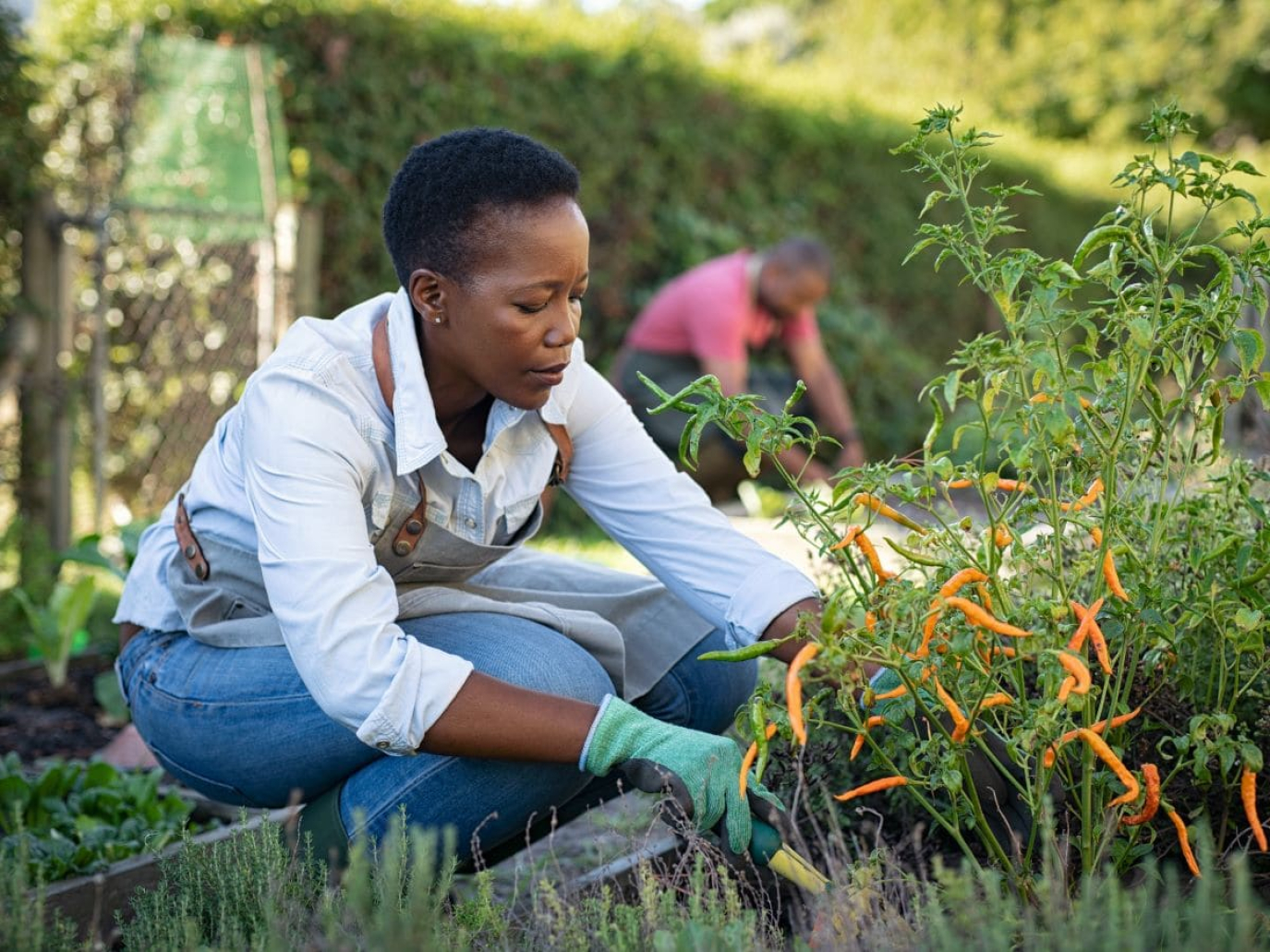
The European Union is becoming increasingly concerned about food security, as President von der Leyen reminded us in her Statement on Behalf of the Union. But framing this as a European concern requires clarity: food security has much more to do with distribution and accessibility than with production.
Europe has enough food for everyone, much of it going into food exports, and yet it wastes 59 million tons annually. The solution to tackle food insecurity isn’t to ramp up production, but rather to promote more sustainable and locally produced food, healthier food environments, and increased food democracy.
Three-quarters of the 2.33 billion food-insecure people worldwide live in urban and peri-urban areas, a stark reminder that cities sit at the heart of the global food security challenge. This also means they hold the keys to change.
This is what ICLEI Europe demonstrates in its Position Paper Urban Food Security and Resilience, providing not only a roadmap towards sustainability but also, based on its extensive experience on the ground with cities, a list of 10 actionable recommendations.
Cities can, first of all, enhance food security by supporting community-led initiatives. The Lisbon Metropolitan Area, for example, through its Strategy for the Food Transition and the project FoodCLIC, subsidises so-called “food baskets” (Portuguese: “cabazes alimentares”) to financially disadvantaged residents at more than 60 distribution points, some of which are community-supported agriculture (CSA) spaces.
In line with ICLEI’s second recommended action to expand urban agriculture, the City of Cork runs 29 urban gardens with support from the FEAST project, noticeably strengthening the sense of community in those neighbourhoods with limited social opportunities, creating healthier food environments.
Several cities like Freiburg, Ghent, Berlin and Barcelona have invested in food democracy by deciding to establish food policy councils, platforms convening diverse stakeholders to jointly address local food challenges.
Whether through a food policy council or municipality department, a growing number of cities are now committed to develop integrated food strategies, which are locally adopted roadmaps to tackle food system issues, linked to a city’s sustainability targets and integrated with other policy areas. Lille Metropole, for example, has developed a holistic agricultural and food strategy, in line with sustainability goals, to restore polluted soils, support local farmers, and promote sustainable production.
Often, part of the food strategy is the commitment to harness the power of public procurement. Cities, as much as their residents, purchase food in a strategic way that can support small-sustainable food producers and promote public health. This is notably the case for the City of Vienna or the City of Orduña, which have both developed nutritional guidelines and source their food from organic and agroecological production (see Buy Better Food Map).
ICLEI’s sixth recommended action is to promote food education and healthy food habits as key components of food security. The foundation for food literacy can be laid at an early age, as demonstrated by 37 cities collaborating locally with 3,797 schools in total within the SchoolFood4Change project to develop food education curricula and healthy school meals.
Another way to promote urban food security and resilience is to invest in key infrastructures that strengthen rural-urban linkages. The City of Leuven decided to set up Kortom Leuven, a logistical food hub to bring farmers' products to the city.
Another way is to invest in local food markets, like the City of Brasov in Romania, where local farmers benefit from the direct allocation of stalls on a first-come, first-served basis, has done by supporting farmers markets.
At the other end of the food supply chain, cities decide to reduce food waste and enhance food recovery to strengthen urban food security. London, for instance, invested in an extensive training for restaurants to reduce food waste, while the City of Milan, via the Horizon Europe-funded project CULTIVATE, has invested in cargo-bikes for its local food recovery and redistribution project.
Many cities have also understood they have the levers to regulate the food environment, via zoning laws, fiscal incentives and technical measurements to influence it. That is the case, for instance, for Baltimore in New York, where tax incentives are in place supporting the opening of groceries and healthy food stores in underserved neighborhoods or Amsterdam, which has now developed a food environment measurement tool to address unhealthy food environments in the city.
Implementing these actions may appear challenging, but no city has to act alone. Joining a network such as ICLEI’s CityFood program enables local governments to draw on shared expertise, best practices, and peer support to strengthen their urban food systems.
Cover: Envato image





